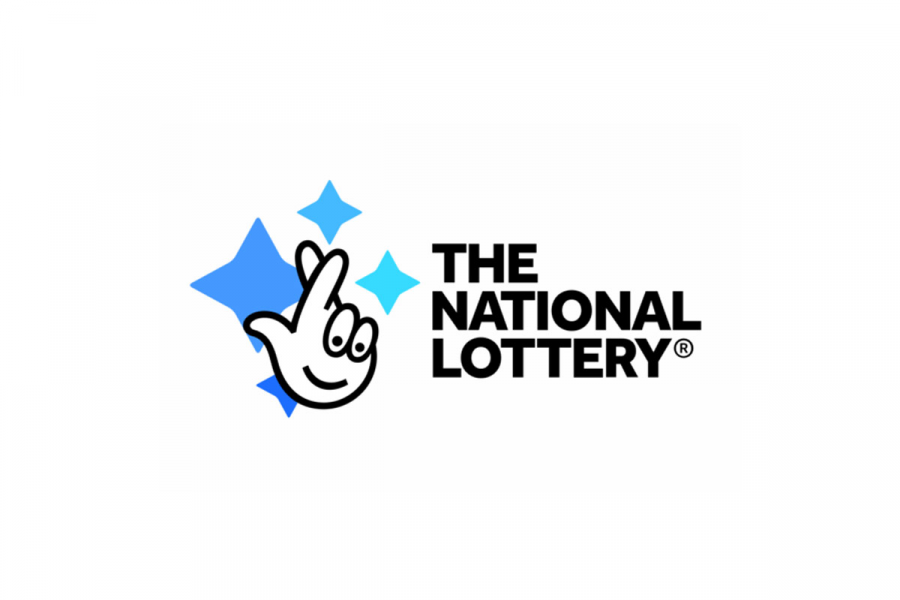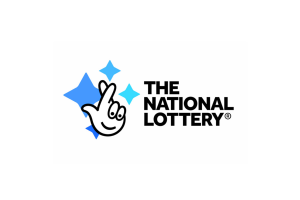Camelot will “cease to exist” if it loses the UK National Lottery

The company is making its case in its appeal against the Gambling Commission’s decision to award the licence to Allwyn.
UK.- It may seem a strange argument after a competitive tender, but Camelot has told Britain’s High Court that it will cease to exist if the Gambling Commission goes ahead and awards the National Lottery licence to Allwyn.
Camelot has run the National Lottery since 1994, but the British gambling regulator has chosen the Czech lottery giant Allwyn, formerly Sazka, as its favoured bidder for the fourth licence period, due to start in February 2024.
The decision prompted Camelot to launch a legal challenge against the Gambling Commission. Its argument at a two-day “balance of convenience” hearing that continues today appears to be that it shouldn’t be allowed to lose a tender because it would cease to exist if it does.
Camelot’s plea for its survival didn’t hold much weight with Sarah Hannaford QC, representing the Gambling Commission. She pointed out that Camelot UK was a Special Vehicle Company (SPV) set up with the sole purpose of running the National Lottery in 1994.
“The licence that it has entered into allows it only to carry out the UK National Lottery and ancillary activities if there is an agreement,” she said, arguing that losing a procurement was a “hazard” of contracting with a public body.
“Setting yourself up as an SPV and then saying there is an existential threat simply does not work as a matter of law in my submission,” she added. “Camelot UK took a decision to operate as they did and it was perfectly foreseeable that they might lose a contract.”
Camelot Global and the gaming tech provider IGT have also lodged claims against the Gambling Commission. They claim they will suffer loss as a result of Camelot UK losing the licence.
“Camelot Global gets nowhere near providing cogent evidence of financial loss,” Hannaford said, adding: “IGT is a massive global business and the UK lottery is frankly a very small part of it. It has a lot of fingers in a lot of lottery pies. There is absolutely no doubt that damages are an adequate remedy for IGT.”
It’s expected that Camelot UK will seek to sue the Gambling Commission for £500m in damages, money which might have to come from National Lottery funding for good causes.
This week’s hearing will decide whether to allow the Gambling Commission to lift an automatic suspension applied to prevent it from handing the final award to Allwyn.
If the stay isn’t lifted, the transition to Allwyn will be on pause until the case has advanced, something that may force the government to extend Camelot’s licence, allowing the company to continue to profit from the lottery until the case is resolved.
The Gambling Commission said in a statement: “We are confident that we have run a fair and robust competition. The lottery is a national treasure and since launching in 1994 players have collectively raised more than £45bn for 660,000 good causes across the UK, transforming lives and contributing to the arts, sport, heritage and communities.
“A delay to the implementation of the fourth licence poses a significant risk which could diminish funds going to these causes.”
Rival contenders Northern & Shell and Sisal have also mounted legal challenges to the Gambling Commission’s decision.











